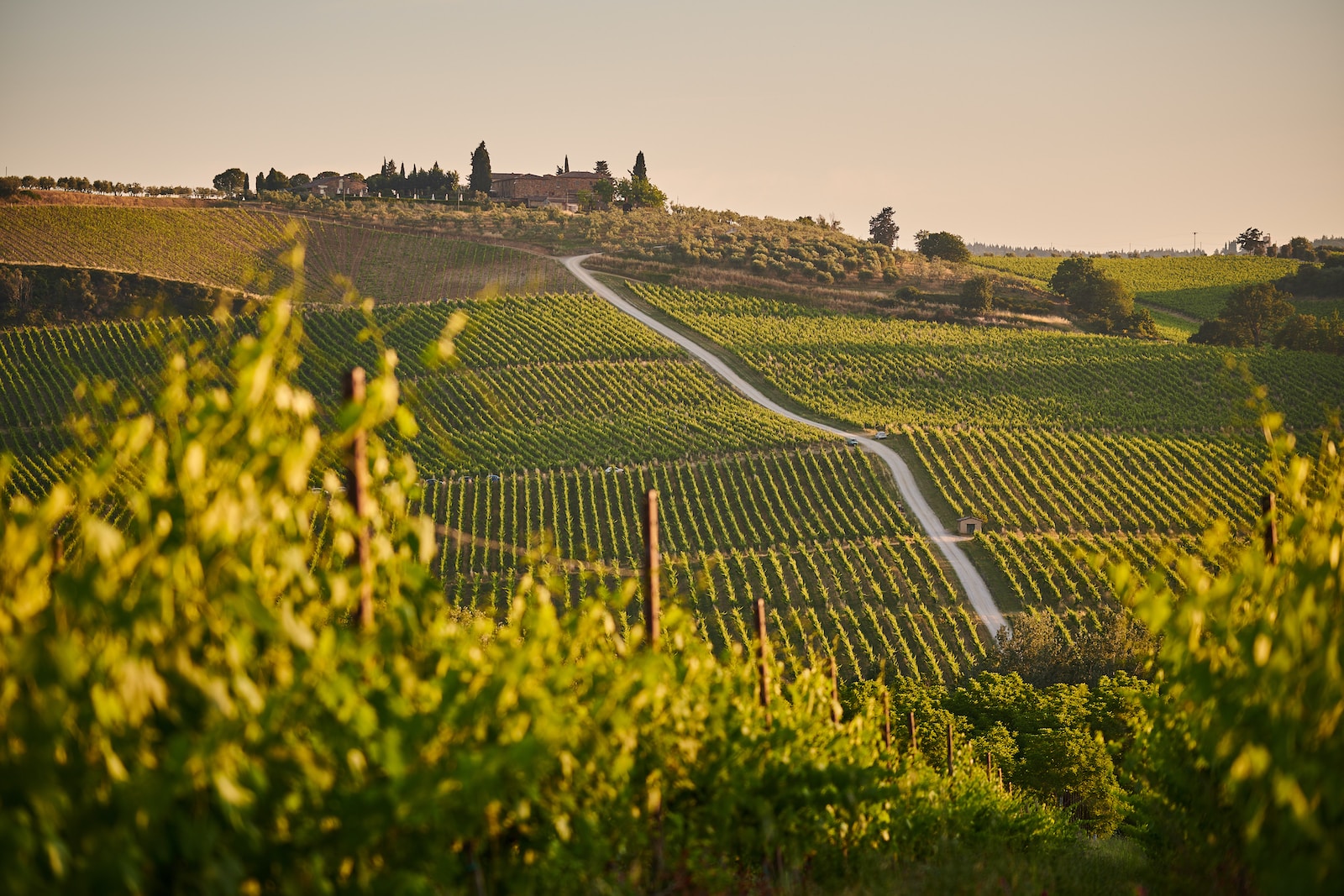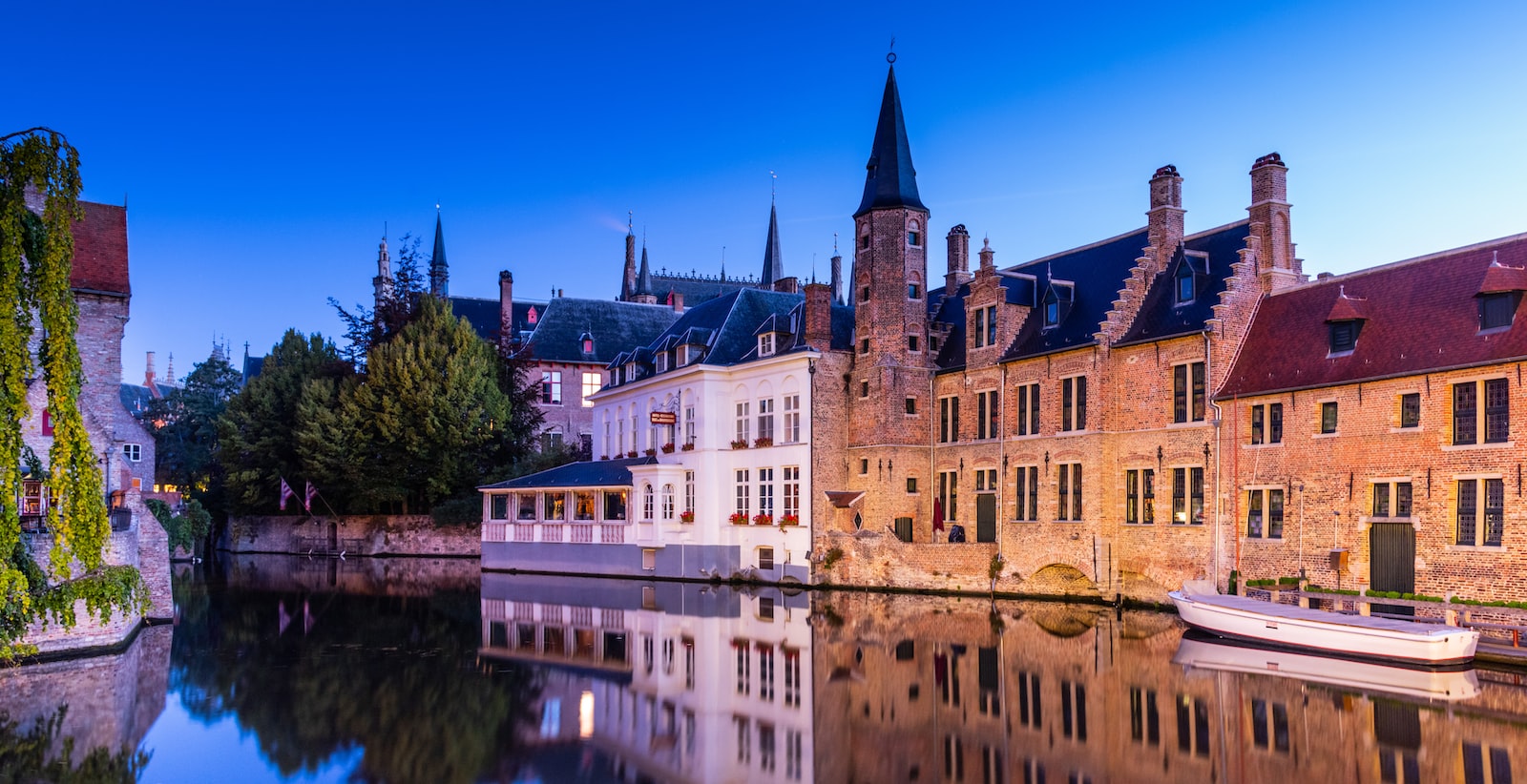Tuscany is known for its rolling hills, picturesque towns, and beautiful art and architecture. It is located in central Italy. However, it is also known for its simple yet flavorful cuisine, which reflects the region’s farming heritage and uses fresh, seasonal ingredients.
Tuscan cooking is distinguished by the use of basic ingredients such as bread, beans, olive oil, and meat. Ribollita soup, made with stale bread, cannellini beans, and vegetables like carrots, celery, and kale, is one of the region’s most famous dishes. The soup is cooked for several hours, until the flavors have deepened and the ingredients have melded together. Another traditional Tuscan dish is pappa al pomodoro, a bread and tomato soup served as a first course. The bread is soaked in a tomato and vegetable broth until soft and flavorful, then drizzled with olive oil and sprinkled with fresh basil.
The most famous Tuscan dish, however, is bistecca alla fiorentina, a grilled T-bone steak served rare and seasoned only with salt, pepper, and a drizzle of olive oil. The steak is usually cooked on a wood-fired grill, which gives it a smoky flavor and a charred crust on the outside. It is frequently served with cannellini beans and a glass of Chianti wine, which is made from Sangiovese grapes grown in the region.
Tuscan cuisine is also known for its use of fresh ingredients in season, such as truffles, porcini mushrooms, and fresh herbs. The Tuscan hills are filled with truffle hunters and their dogs in the fall, looking for the prized white truffle that grows underground near the roots of oak trees. The truffles, which add a rich, earthy flavor to sauces and risottos, are shaved thinly over pasta dishes or added to sauces and risottos.
However, Tuscan cuisine is more than just the food. It is also about the region’s culture and history. Tuscan cuisine reflects the region’s simple, rural lifestyle, which has existed for centuries. It is a cuisine that prioritizes quality over quantity and emphasizes the flavors of fresh, seasonal ingredients. It is a cuisine influenced by the region’s history, geography, and people.
To summarize, Tuscan cuisine reflects the region’s rich history and culture. It is a cuisine that celebrates the flavors of fresh, seasonal ingredients and values simplicity and quality. Tuscan cuisine is an experience not to be missed, whether you are eating ribollita soup, a bistecca alla fiorentina, or sipping a glass of Chianti wine.
Booking.com


